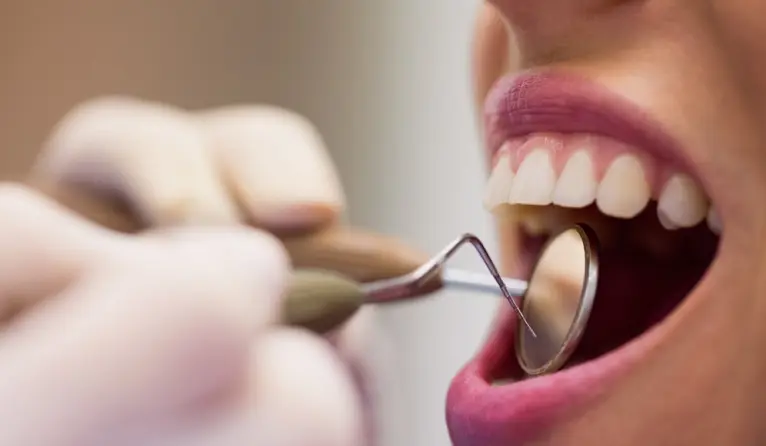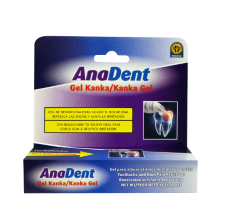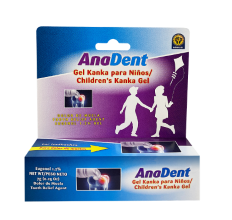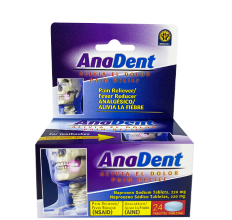Types of Toothache and How to Relieve Them
Types of Toothache and How to Relieve Them


Types of Toothaches
There are two main types of toothaches: dental pain and nerve pain. Dental pain is usually caused by an infection or inflammation in the tooth or surrounding tissues. Nerve pain, on the other hand, occurs when the nerves inside the tooth are damaged or diseased. Read on to learn more about each type of toothache and how to treat them.
Dental pain is often described as a sharp, stabbing sensation that worsens when you chew or apply pressure to the affected tooth. It may also be accompanied by sensitivity to cold and heat, swollen gums, and bad breath. Dental pain is usually caused by an infection, such as a cavity or abscess, or by inflammation due to gingivitis or periodontal disease.
To relieve dental pain, it's important to treat the underlying infection. This may involve taking antibiotics if you have an abscess, or having a filling or root canal if you have a cavity. You can also take over-the-counter pain relievers, such as AnaDent Dental Pain Relief Tablets, to alleviate discomfort until you can see a dentist..

Nerve pain is often described as a throbbing sensation that may be constant or come and go depending on your level of activity. It's also common for people with nerve pain to experience sensitivity to hot and cold temperatures, as well as to sweet foods. In some cases, nerve damage may also cause tingling, numbness, or weakness in the affected area. Nerve pain is usually caused by damage from cavities, injuries, or surgery. It can also be caused by gum disease that affects the roots of the teeth.
"To relieve nerve pain," says Dr. Mark Minter of Dental Associates, "we usually recommend using over-the-counter medications" such as naproxen sodium. He adds that some people find relief by applying a cold compress to the affected area for 20 minutes at a time. If over-the-counter medications don't work, your dentist may prescribe a stronger medication or refer you to a specialist for additional treatment.
When to go to the dentist for tooth pain?

The importance of dental hygiene cannot be overstated. If you have a problem with your teeth, it's important to see a specialist who can diagnose what's happening and provide appropriate treatment options. Don't let this become a chronic issue!
A great way to prevent future problems like these would be to maintain good daily habits, including brushing twice a day (or more) using fluoride treatments if applicable, as well as daily flossing.
If you feel a sharp pain when biting or pressing a tooth, or experience discomfort when consuming very hot or cold drinks, schedule an appointment with your dentist and address the problem at your next check-up.
It's possible that the pain you feel is unbearable or very sharp. If you find yourself in this situation, we recommend that you go to the emergency room as soon as possible and, in the meantime, take a common pain reliever like AnaDent to alleviate the pain.
If the pain has been caused by trauma or you think you may have suffered damage to the internal structure of the tooth, you should go to the emergency room as soon as possible.
If you wake up with generalized pain in the jaw, it's likely that you have bruxism or periodontal disease and should consult a professional.
Whether it's dental pain or nerve pain, there are ways to alleviate discomfort and eliminate the underlying problem. If you have any kind of tooth pain, be sure to see a dentist so they can diagnose the cause and recommend appropriate treatment. In the meantime, try taking over-the-counter medications such as AnaDent Dental Pain Relief Tablets, and apply a cold compress to the affected area for 20 minutes at a time. With proper treatment, tooth pain will disappear soon.



